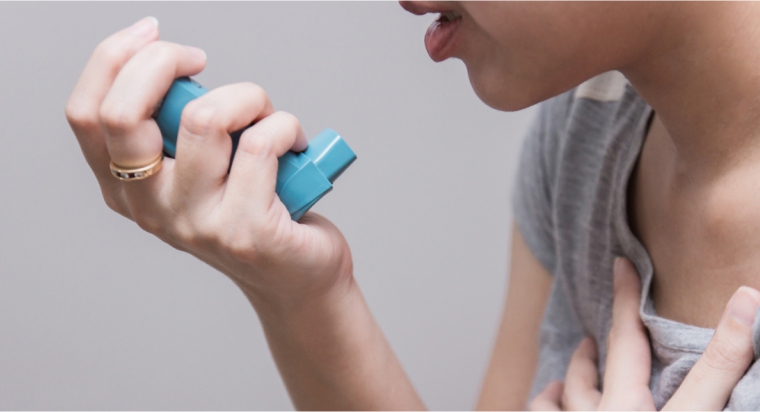Chronic obstructive pulmonary disease is a term used to describe a class of illnesses that affect regions of the chest, and respiratory tracts and make it difficult for victims to breathe.
The human lungs have channels that allow air to travel called windpipes (trachea). These channels allow the passage of air into the lungs through two tubes (bronchi) which in turn divide into smaller tubes (bronchioles).COPD affects the lungs by striping the air sacs and bronchial tubes of their elasticity thus making it difficult for carbon dioxide to be expelled from the lungs.
Triggers of COPD flare-ups
Sometimes, patients with COPD experience scenarios where their normal symptoms become severe. In this case, they must be admitted at the hospital and observed by a lung doctor until stability is regained. Symptoms of a COPD flare-up are similar to severe flu but usually range from fatigue, itchy throat, severe coughs, swollen ankles, fever, irregular breathing, and difficulty falling asleep.
During flare-ups, the tubes become more narrow and the lungs produce more mucus. This makes airflow difficult thus causing breathing struggles and coughing. Flare-ups are caused by several factors.
Treating COPD depends largely on how severe the attacks are. For mild flare-ups, inhalers or steroids are recommended. More severe cases of COPD flare-ups require the use of bronchodilators, oral steroid machines, and ventilation machines. Antibiotics and intravenous(IV) fluids can also be used and introduced to the victim too.
There are several triggers of COPD flare-ups. Exposure to smog, smoke, and other forms of air pollution can trigger a flare-up. Consumption of tobacco products like cigars or smoke, strong perfumes, air fresheners, or heavily scented products can also trigger flare-ups. Lastly, natural factors like pollen or common allergens and exposure to cold/hot or humid air are possible causes of COPD flare-ups.
Can Humidity cause COPD flare-ups?
Humidity is simply a term used to describe the amount of water in the air. Depending on the weather condition and location, humidity can be very crucial to the safety of individuals with COPD.
Humidity can cause or trigger COPD flare-ups. When there is a case of high humidity, the humid air is usually thick and dense hence your body is forced to work harder to get a sufficient amount of oxygen. You begin to experience a form of fatigue caused by the lack of enough oxygen in your body along with shortness of breath. Apart from these side effects that humid air causes, it also sponsors the growth of dust mites and mold, both of which are found in moist environments and are also allergens that can trigger COPD symptoms.
Low humidity is also a contributing cause of COPD flare-ups. Low humidity means exposure to dry air which in turn irritates the throat, and sinuses and is also responsible for the spread of flu.
It is advised that COPD patients avoid environments that are usually humid and also keep the humidity levels in their homes between the range of 30% and 50%. A hygrometer along with the use of a dehumidifier can be very helpful in achieving that.
Nevertheless, if youfind yourself under a COPD attack or flare-up, please get professional help first! Dealing with COPD is not easy and you must consciously make the right decisions for the sake of your health and those around you.



 Translate
Translate

